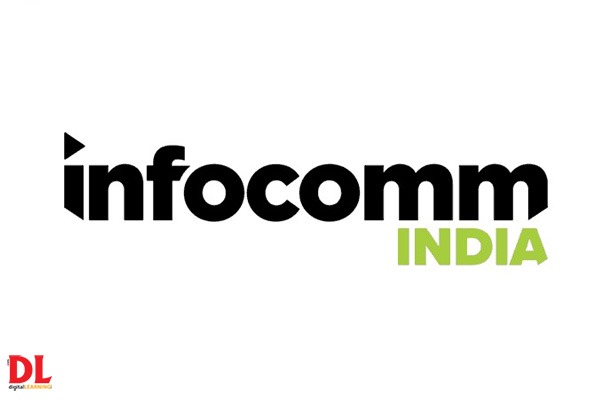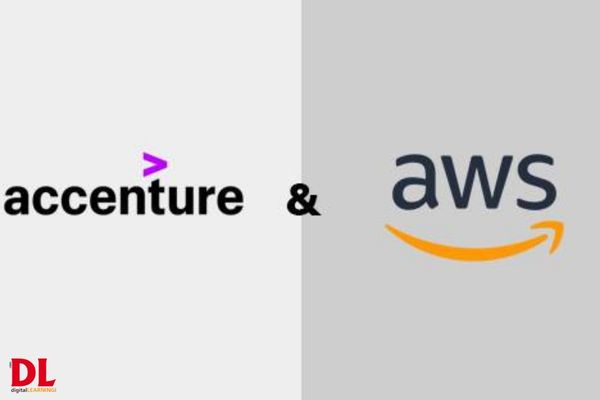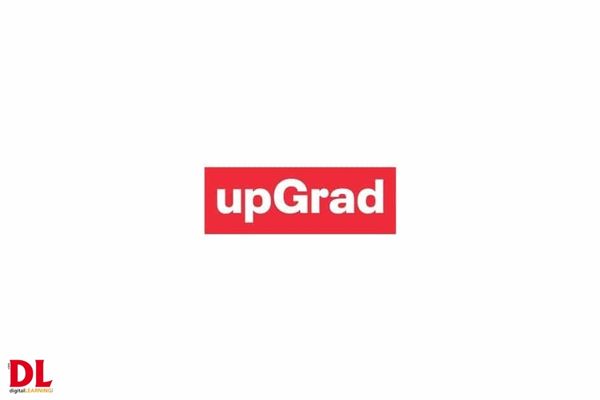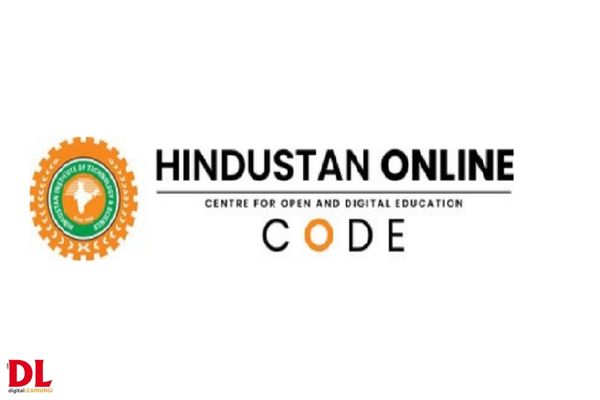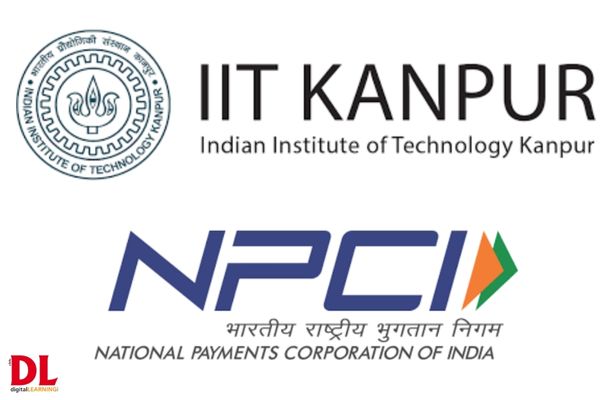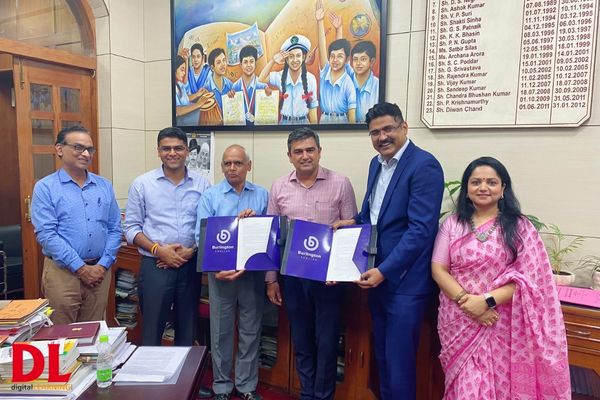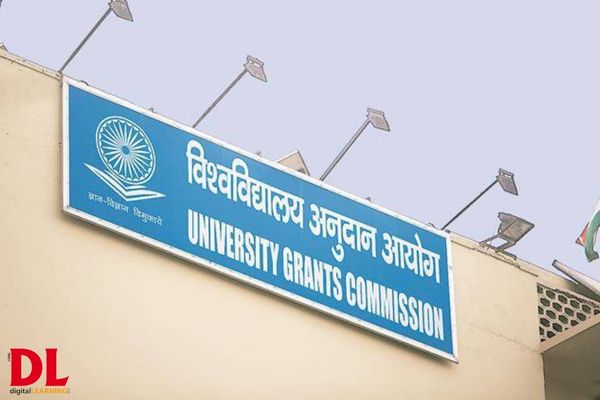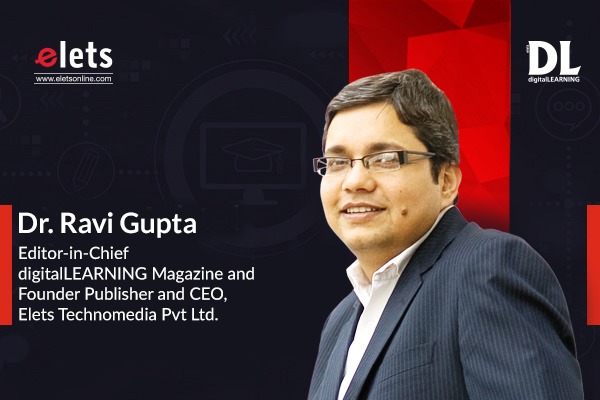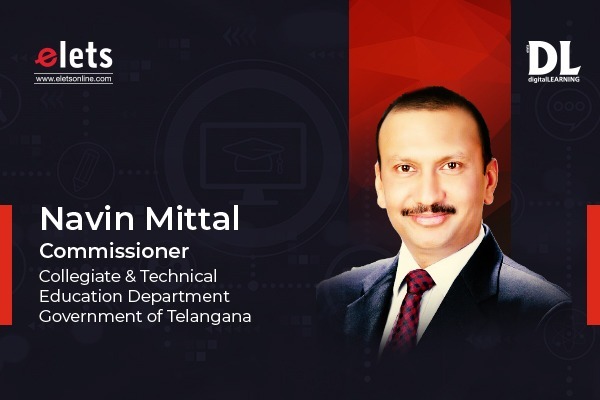InfoComm India 2022 will be the fitting arena for firing up new ideas, solutions and strategies to forge new growth avenues. After two years of virtual presentations, InfoComm India 2022 is welcoming all visitors in person to fully immerse in the InfoComm India experience again. The Show is slated for 5 – 7 September at the Bombay Exhibition Centre in Mumbai.
Having facilitated business continuity albeit virtual events in 2020 and 2021, Show Organizer InfoComm Asia is thrilled to be bringing the in-person Show back this year – this time, thanks to its tried and-tested online facilities, with added stakeholder confidence in being disruption-ready as well as in further industry engagement beyond borders.
Said Richard Tan, Executive Director of InfoComm Asia, “Ready to claim back the past two years, the industry is all geared up to reconnect in person, and share learning points and innovative advancements towards the disruption-ready demands of the new business landscape. And where better to meet than in India, the fastest-growing economy in 2022. Projected by the IMF to be the 5th largest economy by 2025, opportunities to deepen existing and build new business relations abound.”
Visitors can expect a deeply engaging Show experience with an even wider array of innovative business capabilities to tap into.
The Exhibition
InfoComm India 2022 will host a gathering of the best and brightest luminaries in the Professional Audio Visual (Pro-AV) and Integrated Experience Technology sectors. 160 exhibiting companies, hailing from over 15 countries, will be presenting their innovations in Mumbai’s biggest exhibition space, spurring visitors to concretize their vision and elevate their projects and endeavors.
Solution-seekers across India, in industries ranging from education to government, hospitality to healthcare, broadcast to enterprise, will find the answers they need at InfoComm India 2022. They can expect to see technologies and solutions that include:
- Large screen, projection mapping, AR/VR solutions for live events, museums, education and simulation training
- Security, flood and surveillance monitoring systems for network operations centers
- Control and automation solutions for smart city management
- Room automation and centralized systems for smart homes and offices
- Collaborative conferencing systems for in-person and hybrid meetings
- Smart classrooms
- Digital signage and display solutions for advertising and information
- Virtual and hybrid learning solutions
… and more
Discover Solutions with vBooth
To enhance visitors’ experience and help them discover solutions relevant to their businesses, InfoComm India has introduced the all-new vBooth on the Show website. This allows solution-seekers to be matched with appropriate exhibitors and to identify specific ones to meet.
- In quick time through an intuitive business matching system, visitors will be presented with a list of exhibitors, based on the searcher’s industry and solutions sought.
- With vBooth – a dedicated page for every exhibitor, visitors can explore solutions via multimedia presentations. Information will include solutions the exhibitor offers, and the products and solutions that the exhibitor will be showcasing at the event.
- When ready to connect with exhibitors, visitors will be able to use the business card drop facility for callback, and schedule an appointment to meet at the Show.
All these serve as immediate gateway for visitors to identify exhibitors and organize their visit way before the Show begins. Fully-utilised, visitors are channelled towards a productive experience at the Event.
The Summit
InfoComm India’s Summit line-up is renowned as a learning platform across industries. Knowledge exchanges by international experts and trade industry leaders take place at well-curated discussions, seminars, forums and networking sessions. This year’s Summit will center on these dedicated formats: Industry Forums, AV Leaders Connect, AV Managers Day and AVIXA Seminars.
The Industry Forums will explore significant topics that are important to various industries, such as the following:
- Tactical Cybersecurity Planning for Government & Defence Installations for the Government, Security & Defence industries
- India at 75 – Imagining the Next 25 Years for the Government and Urban Authorities
- Managing Hybrid Work Environment in Large Organisations – Challenges for the Corporate and Enterprises
- The Future of Education in India for the Education industry
- Reimagining Sustainable Living in Future Ready Smart Spaces for Retail, Hospitality, and Enterprises
- IT Business Opportunities in the Pro-AV Segment for the IT Channel
… and more.
AV professionals keen to delve deeper into technical issues of Pro-AV applications and project management can look forward to the AVIXA Seminars and AV Managers Day. These are specialized seminars led by subject matter experts and designed to enhance the AV professional’s technical skills and knowledge. Pro AV professionals can look forward to in-depth discussions on a plethora of topics such as fundamentals in acoustics, AV protocols, small room acoustics, best practices in network audio, hybrid communication in education, and more.
Since launching in 2013, InfoComm India has drawn the region’s technology innovators and industry stakeholders to one location where ideas pulsate to impact how communities live, work and play. The 2022 edition will be another ground-breaking event.
The AV Leaders Connect – a by-invite-only program for the AV industry’s C-suite and directorate-level leaders – will be headlined by Tilak Raj Dua, Director General of Digital Infrastructure Providers Association (DIPA). This one-day session will highlight the investment in India’s digital infrastructure, and how emerging tech will transform AV in the next 3 to 5 years.
Registration is Open
InfoComm India 2022 runs from 5 – 7 September, 10 am – 6 pm Indian Standard Time at Bombay Exhibition Center in Mumbai. Visitors can register to visit the Show at www.infocomm-india.com. Admission is free.







